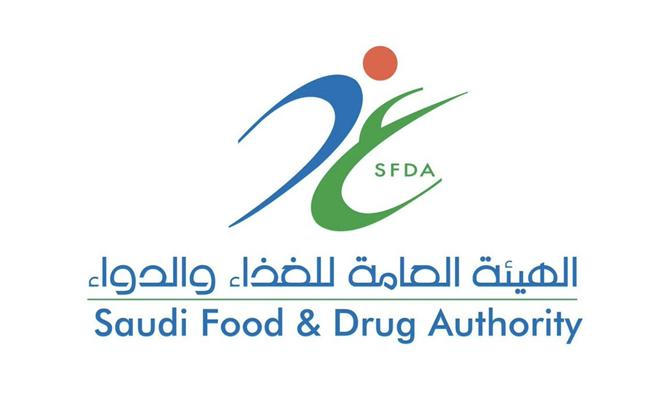

- Hajj And Omrah
-
About SFDA
About SFDA
SFDA in vision 2030
Authority Strategy
Career and Life
- Information Lists
-
Areas
- Consumer Corner
- Media Centre
- Eservices
Everolimus in patients with rheumatoid arthritis receiving concomitant methotrexate
Everolimus in patients with rheumatoid arthritis receiving concomitant methotrexate
Everolimus in patients with rheumatoid arthritis receiving concomitant methotrexate
2008-07-21
Objectives: Everolimus, a proliferation signal inhibitor with disease-modifying properties, may be useful in treating rheumatoid arthritis (RA). This proof-of-concept study assessed efficacy and safety of everolimus in combination with methotrexate (MTX) in patients with refractory RA.
Methods: A multi-centre, randomised, double-blind, placebo-controlled trial was performed in 121 patients with active RA receiving MTX. Patients were randomised to receive everolimus (6 mg/day) or placebo. The primary endpoint was the American College of Rheumatology criteria for a 20% improvement in measures of disease activity (ACR20) at 12 weeks.
Results: There was a rapid onset of action and at 12 weeks the ACR20 response rate was significantly higher in the everolimus group (36.1%) than in the placebo group (16.7%; p = 0.022). Improvements from baseline in tender and swollen joint counts, patient’s assessment of pain, and patient’s and physician’s global assessment of disease activity were significantly greater after treatment with everolimus. The most common adverse events (AEs) in the everolimus group were gastrointestinal (52.5% vs 31.7% in the placebo group), skin (29.5% vs 8.3%), and nervous system disorders (21.3% vs 10.0%); AEs leading to treatment discontinuation were reported for 16.4% and 10.0% of patients, respectively. Changes in haematological parameters, liver function tests, and lipid levels occurred more frequently with everolimus compared to placebo, but were mild and reversible.
Conclusions: The study indicates that everolimus plus MTX provides clinical benefit with an acceptable safety and tolerability profile. It may offer a new treatment option in RA patients with inadequate response to MTX.
Source: Annals of the Rheumatic Diseases 2008;67:1090-1095


